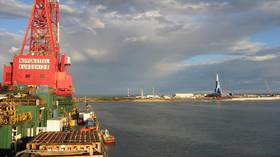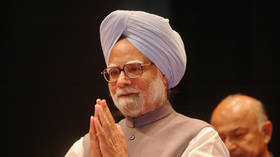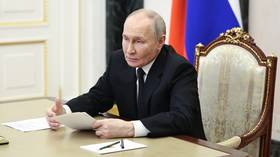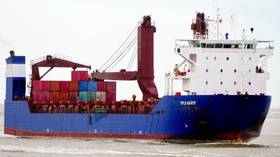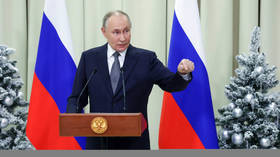Japanese firms to halt ship insurance for Russian waters – media
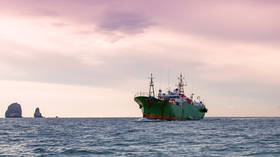
Three Japanese companies will stop providing insurance services for war damage to vessels in Russian waters, the Nikkei news outlet reported on Friday, citing unnamed sources.
The decision was reportedly prompted by reinsurance companies refusing to take on risks related to the military operation in Ukraine launched by Moscow in February.
Tokio Marine & Nichido Fire Insurance, Sompo Japan Insurance and Mitsui Sumitomo Insurance have reportedly started notifying ship owners of plans to stop providing coverage for war damage anywhere in Russian waters, including the country’s Far East, which is thousands of kilometers from the conflict zone. The measure comes into effect on January 1.
Before sailing through Ukrainian or Russian waters, ship owners are currently obliged to sign up for extra war damage insurance. Providers have to be notified in advance to follow up on terms for payouts and premiums. Starting next year, ship owners will no longer have that option from the three Japanese firms.
According to the newspaper, Japanese imports of liquefied natural gas from Russia’s Sakhalin-2 project and elsewhere could be affected by the inability to secure coverage, resulting from the decision.
In September, the Group of Seven nations agreed to impose a price ceiling on exports of Russian seaborne oil, as part of Ukraine-related sanctions. In early December, the limit was agreed-on by the G7 countries, the European Union and Australia at $60 per barrel. Under the decision, marine insurance and other services for ships are prohibited when transporting oil purchased above the set threshold. In response, Moscow pledged to ban oil sales under contracts that specify a price ceiling.
Tokyo has supported the price limitation, calling it an effective tool for reducing Russian energy revenue. At the same time, Masahiro Okafuji, the head of the Itochu company, which participates in the Sakhalin-1 project via the Sodeco consortium, said in November that Japan was not able to survive without oil and gas imports from Russia.
Japanese companies announced plans to maintain participation in the Sakhalin-1 and Sakhalin-2 gas projects after the anti-Russia sanctions were imposed, and President Vladimir Putin gave orders to transfer the project, which was previously managed by US oil giant ExxonMobil, to a domestic entity.
For more stories on economy & finance visit RT's business section
